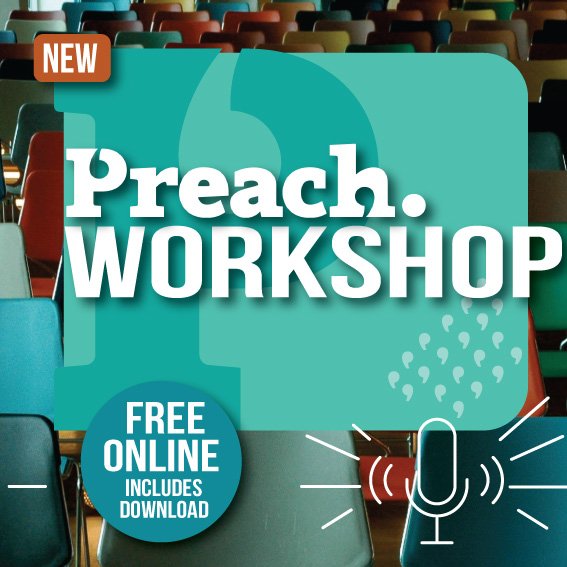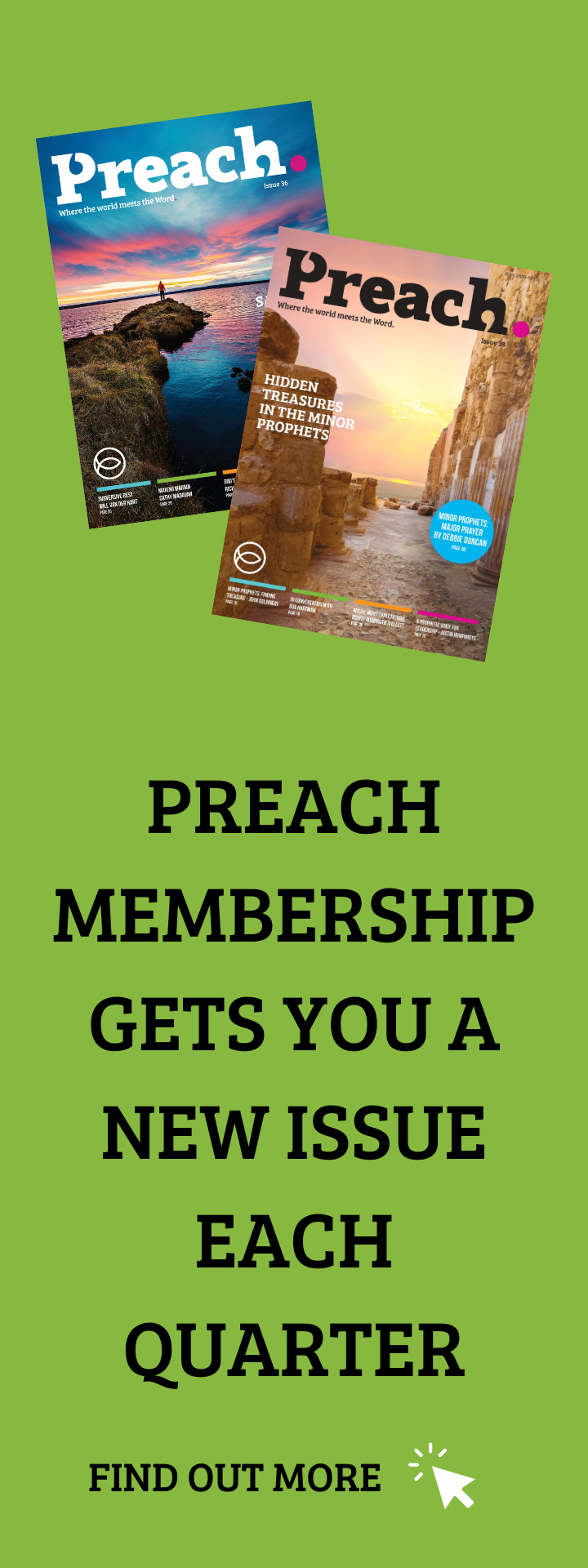French Elections
/What’s the story?
After surprise election results in the UK and the United States, and amid growing political unrest, there’s a growing sense of concern that far-right candidate Marine Le Pen could be elected as the next President of France.
What’s happening?
According to the Economist, Marine Le Pen has a 40% chance of being elected as the next French President when her country goes to the polls early next year. That she is even being given such strong odds is shocking for many; Le Pen is the leader of the far-right National Front (FN) party, standing on a platform of promises to drive Syrian and other refugees out of the country, and to clamp down on religious ‘freedoms’ which aren’t compatible with her view of the French way of life.
Le Pen is the daughter of far-right politician Jean-Marie, who controversially led the FN from its foundation in 1972 until 2011. He caused huge consternation in France when he managed to unexpectedly progress to the second round of the 2002 election, as a traditionally progressive country was reminded of its significant far-right element.
Now his daughter is about to go much further; even if she doesn’t win the two-stage election in April and May, she’ll certainly have created political carnage and illuminated the huge divisions within French society. With views which include criticism of Muslim Friday prayers (she says that closing roads at this time is comparable to French occupation by a foreign army) she’s not only controversial; she’s stoking the already-fiery French context at a time when calm is certainly required, and her anti-EU views – taking a lead from the British “Brexit” result – could result in France following suit in leaving the Union.
With the left in disarray, the best chance for a Le Pen defeat comes in the shape of France’s centre-right republicans. Former President Nicholas Sarkozy was the best-known name in the running for the Republican nomination, but the party eventually selected Francois Fillon in a US style primary process. Bookmakers make Fillon the fierce favourite to eventually win the election, but they also predicted wins for Hillary Clinton in the USA, and a Remain vote in the British EU referendum...
What have others been saying?
A recent Guardian editorial does a good job of explaining the swing to the right which has been felt across Western democracies, but also points out the nuanced differences between the various versions of ‘the Right.’
The BBC featured an interview with Ms Le Pen, from the Andrew Marr show, in which she recognised that he chances were improving thanks to populist wins by right-wing candidates in other Western democracies, such as Donald Trump.
Connections
#1 – PRAYING FOR POLITICAL LEADERS
The Bible tells us clearly to pray for our leaders. In 1 Timothy 2: 1-2, Paul writes: “I urge, then, first of all, that petitions, prayers, intercession and thanksgiving be made for all people— for kings and all those in authority, that we may live peaceful and quiet lives in all godliness and holiness.” No matter who our leaders happen to be – and whatever we think of them of their policies – it is clearly a non-optional Christian discipline to pray for our leaders, that they would receive Godly wisdom, and make right and just decisions.
#2 – RELIGIOUS FREEDOM
The Bible is obviously quite clear that people should be free to practice the worship of the Christian God, but what about more general sense of religious freedom? While the Old Testament describes a theocratic view of society, the New Testament finds God’s people living in a much more pluralistic culture. In Romans 13: 3-4, Paul lays out the rules for governance of a good society, but he suggests that the ruling authorities role is about administering justice, not enforcing a particular worldview. Jesus, meanwhile, clearly gives people a choice over whether to follow him or not – and if not, to pursue a different religious path. In Matthew 19: 16-23 for example, the rich young ruler goes away sorrowful, having chosen not to follow Christ. The point is that the Free Will offered by God must extend even to following other religions, and if even God respects that freedom, then we should stand and fight for it also.
Points for prayer
- Pray that France will elect a good President; one who will consider the needs and rights of all people.
- Pray against rising racial and religious tensions and hatred in France, still reeling from terrorist attacks and the weight of huge migration from the East.
- Pray that France will find ways to combat these very real problems in a peaceful and effective manner.
- Pray for the French church, which is growing in some areas, that it would be prophetic in pointing toward a peaceful and prosperous future for the country.
Author Bio
Martin Saunders
Martin Saunders is Youthscape’s Deputy Chief Executive. A former editor ofYouthwork magazine and the founding Editor of sister-title Childrenswork, Martin is a popular speaker and the author of various books including ‘Youth Work From Scratch’. He lives in Reigate, Surrey with his wife Jo and their four children.







